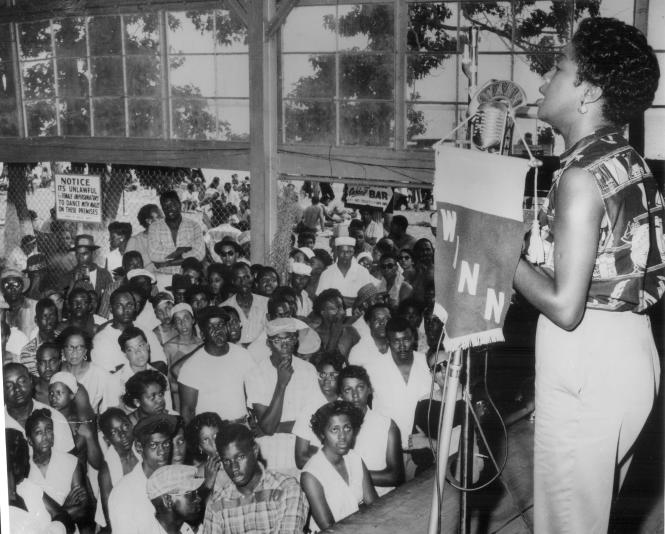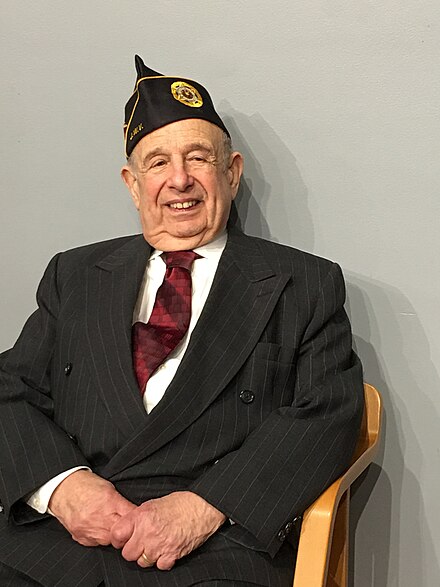When Erwin Chemerinsky, dean of the Berkeley School of Law and a strong advocate of free speech, invited sixty graduating students to his home, one of them rewarded his and his wife’s kindness with appalling behavior. Using her own microphone in Chemerinsky’s backyard to plead the plight of Palestinians, she and ten other students showed utter disregard for the dean’s hospitality.
I repeat: the dinner, along with two others for the graduating students, was at the dean’s home in his backyard.
Beware of immature guests with antagonistic agendas.
As I wrote this column, I became angrier and angrier. The protesting students cared little about others. Only their cause mattered. They used their perception of free speech as a cudgel.
Chemerinsky had some warning about the pathetic protesters. They employed antisemitism in creating a widely circulated poster that portrayed the dean, a Jew, holding a bloody fork and knife, with blood around his lips, and this despicable language:
“‘No dinner with Zionist Chem while Gaza starves.’”
Jews have long withstood antisemitic accusations of “blood libel.” The trope characterizes Jews as killing Christians to harvest their blood for religious rituals. This ugly libel has spread its poison for thousands of years.
Typical of his being a learned constitutional law scholar, Chemerinsky sublimated his deep hurt and characterized the horrific posters as legally permissible under the First Amendment.
Think about that. A person subjected to antisemitism justified its protection under the American privilege of free speech. Even if it stings your soul and frays your sense of decorum.
I commend the dean for his reaction to the pernicious poster. And his wife’s and his vigorous defense of the sanctity of his home. The protesting students exhibited an arrogant disregard for their hosts. They selfishly ruined a joyous occasion.
In a heartfelt statement to the Berkeley community, Chemerinsky wrote, “I have spent my career staunchly defending freedom of speech. I have spent my years as a dean trying to create a warm, inclusive community. I am deeply saddened by these events and take solace that it is just a small number of our students who would behave in such an inappropriate manner.”
As repulsed as I am by the appalling behavior of a small cadre of law school students, I felt pleased by the bold action taken last Wednesday by Columbia University’s president, Menat Shafik, to ask the New York Police Department (NYPD) to clear and remove a tent city set up by roughly 100 students protesting Israel’s treatment of Palestinians. They were arrested for trespassing and disorderly conduct.
While critics will disparage the punitive actions taken by Columbia’s president as violating free speech, I believe that the 100-plus protesters were interfering with academic freedom deserved by thousands of their fellow students. Like their disruptive counterparts at Berkeley, they exhibited no regard for the Columbia community.
In the 1960s, during the public outrage over the Vietnam War, Columbia University was a hotbed of unrest and protests. Students occupied the administrative building. Anarchy afflicted campuses throughout the country.
Maybe it is my age. Maybe it is my sense of fairness. Maybe it is my belief in accountability for illegal or unethical transgressions.
That said, university presidents such as Columbia’s leader should listen to their students. Though they often are the tip of the spear in identifying critical social issues, they cannot feel free to disrupt a university catering to all students, not just a few.
Free speech is an inviolate American right. A fervent defender of free expression, Dean Chemerinsky and his wife endured the unconscionable violation of their private property. Their kindness as hosts meant nothing to a small group of pro-Palestinian law school students. Their inconsiderate conduct was shameful.
Finally, I applaud the bold but difficult decision by Columbia’s President Shafik to enlist the NYPD to arrest students for trespassing and disorderly conduct. She rightfully protected precious academic space. I bemoan that the protests continued over the past weekend and then erupted at Yale. Disheartening. Dr. Shafik did not request the NYPD due, I suspect, to criticism for stifling free speech. Would this adolescent exhibition of passion for the Palestinians have occurred during finals?
Columnist Howard Freedlander retired in 2011 as Deputy State Treasurer of the State of Maryland. Previously, he was the executive officer of the Maryland National Guard. He also served as community editor for Chesapeake Publishing, lastly at the Queen Anne’s Record-Observer. After 44 years in Easton, Howard and his wife, Liz, moved in November 2020 to Annapolis, where they live with Toby, a King Charles Cavalier Spaniel who has no regal bearing, just a mellow, enticing disposition.



 One event represented a divided country, resulting in the bloodiest one-day battle ever carried out on American terrain. This Civil War action had favorable consequences for the Union cause based upon a pivotal decision by President Lincoln.
One event represented a divided country, resulting in the bloodiest one-day battle ever carried out on American terrain. This Civil War action had favorable consequences for the Union cause based upon a pivotal decision by President Lincoln. The ugly past in the neighborhood where my wife and I live in Annapolis jostled my sensibilities. Like many White folks, I understood that the present and future were free in many ways from the miserable restrictions imposed on Blacks, so common to life in America,
The ugly past in the neighborhood where my wife and I live in Annapolis jostled my sensibilities. Like many White folks, I understood that the present and future were free in many ways from the miserable restrictions imposed on Blacks, so common to life in America,
